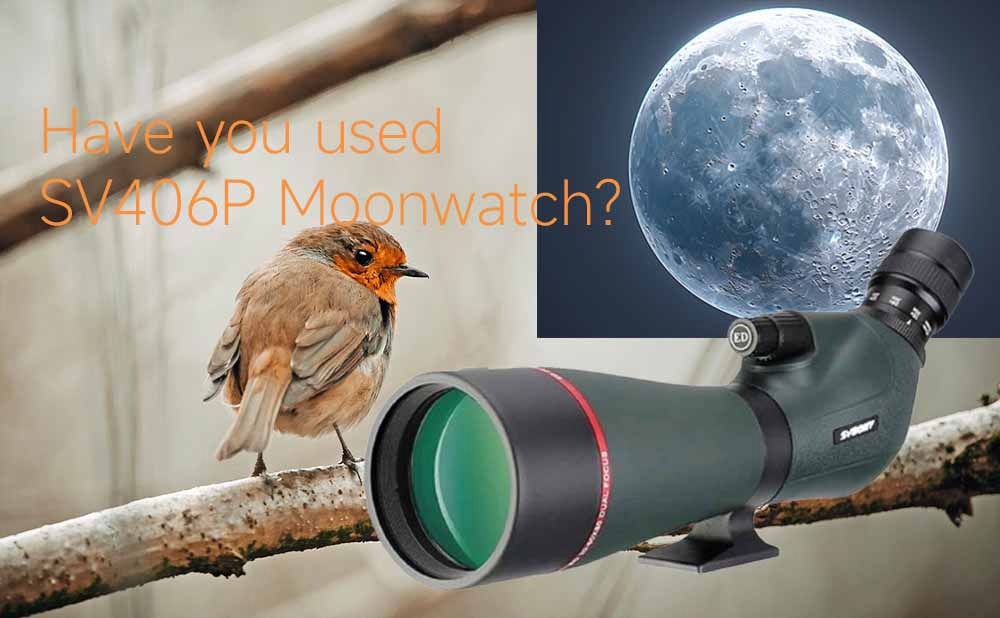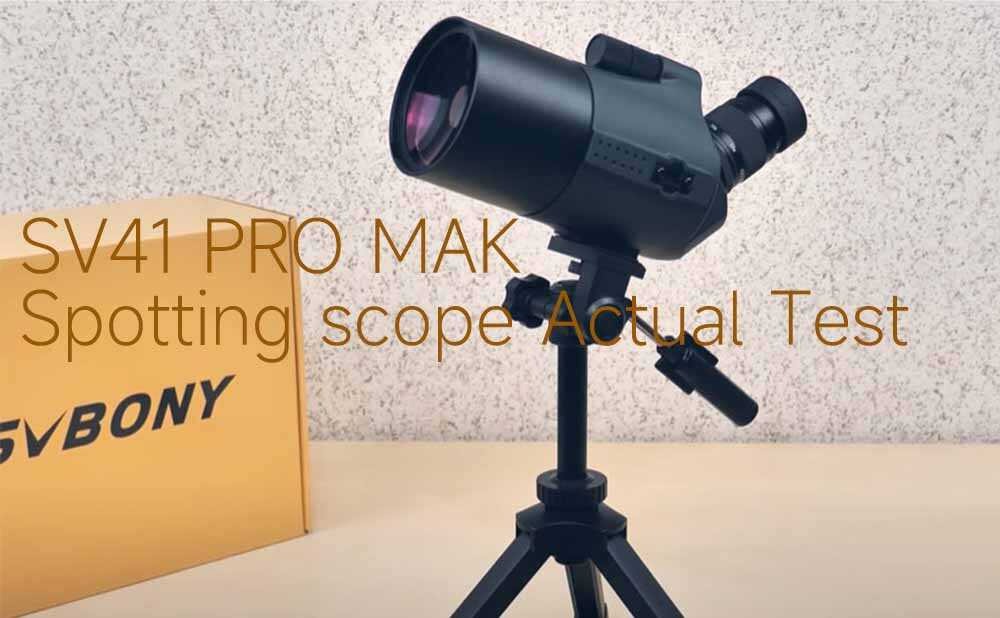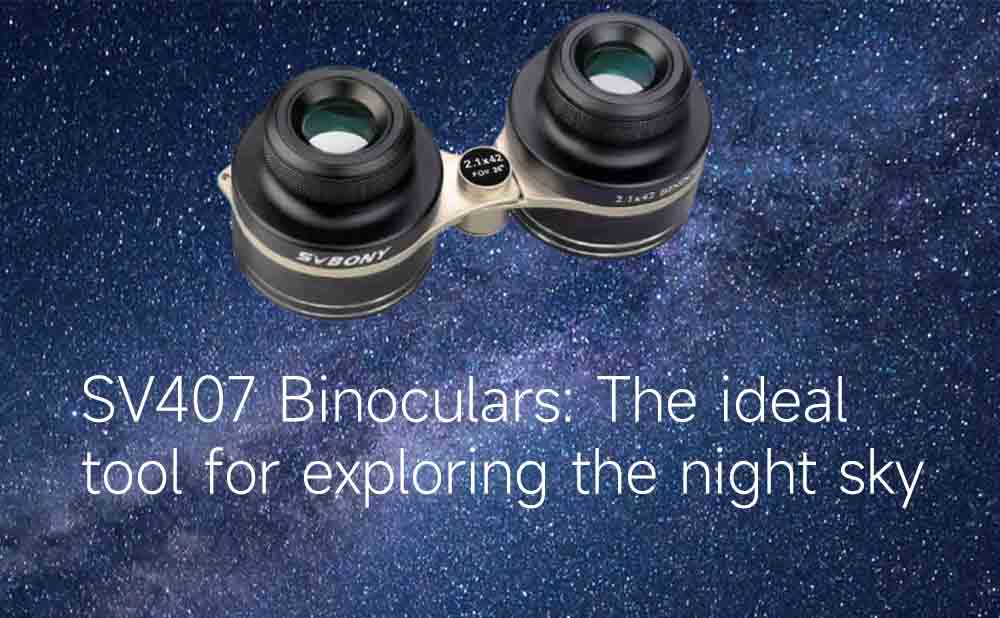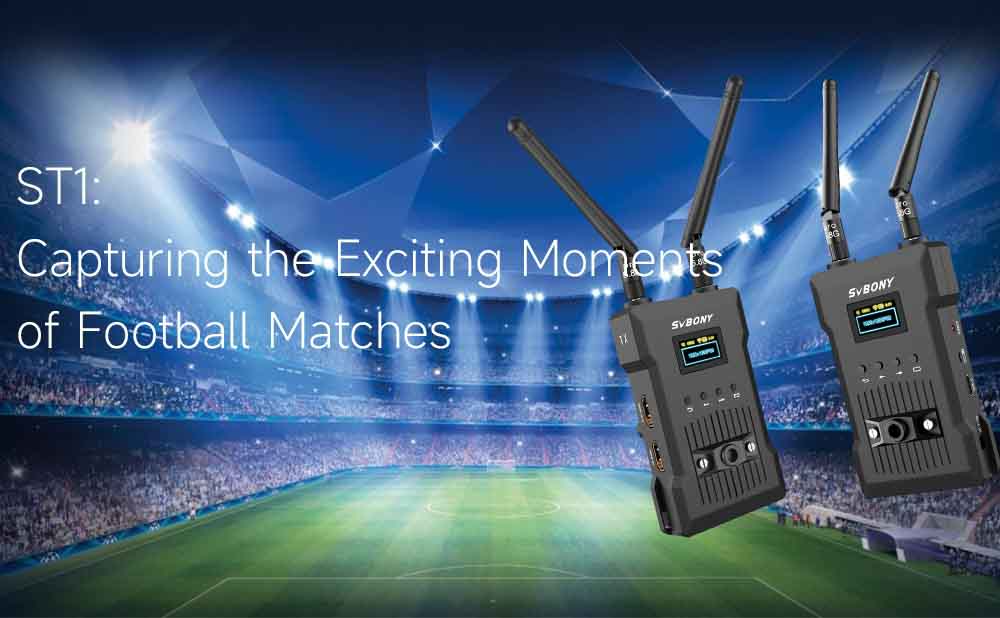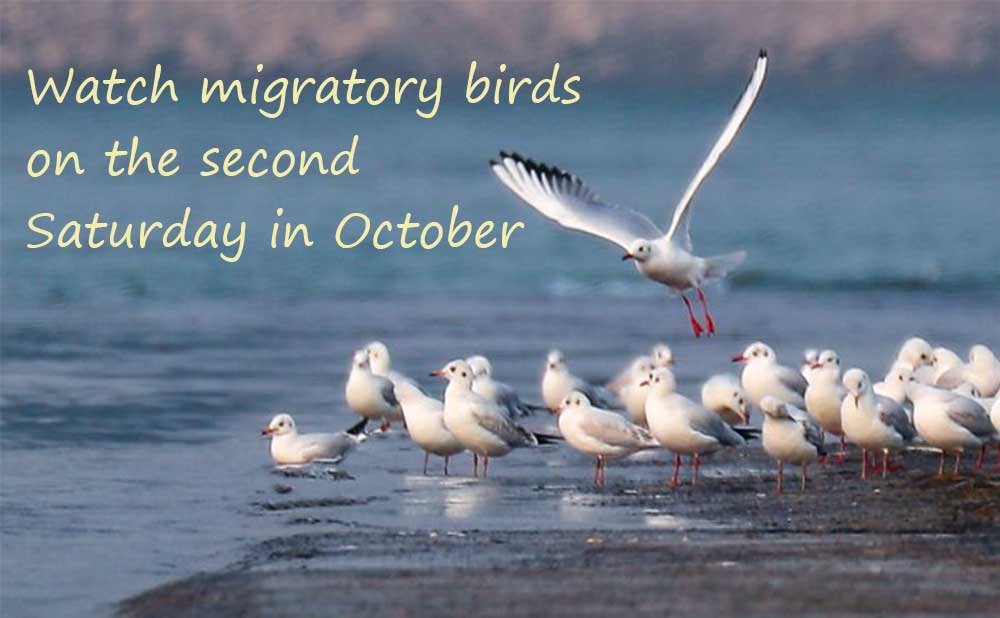Search
What are you looking for?
My Account
Why Do You Like Bird Watching?
Why Do You Like Bird Watching?
- Posted by:Cindy
- 0 Comments
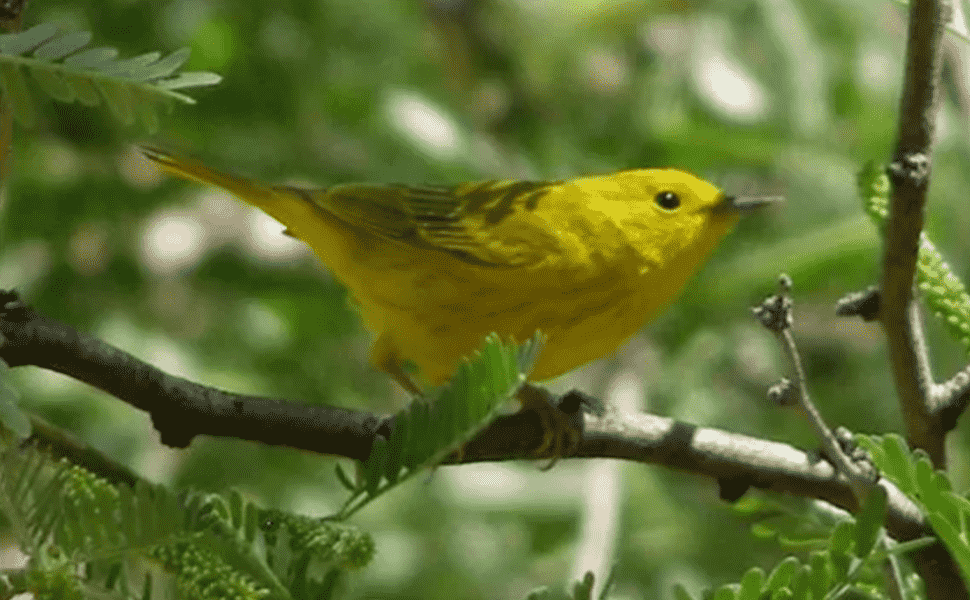
Why is Bird Watching?
Birding can be a gateway into recognizing and appreciating a wider world that was there all along.For us enthusiasts, you may have been doing outdoor observation for a long time, remember why you started this hobby?While everyone may start out with different reasons, the joy that comes through this hobby can be similar. When you start to take note of the birds around you, you might find yourself more perceptive of other things. You might notice sounds you previously overlooked. You might start to notice small details in your surroundings, like individual trees, insects, fruits, and flowers. You might find yourself more in tune with the passing of the seasons.
Birding is very low-cost. After the initial investment on a pair of binoculars and an ID guide, the only costs are what you spend on travel and entrance fees.
You can bird anywhere, anytime. It's a hobby you can do in your back yard or take with you around the world.
It's very rewarding to see something new, to be able to name what you see, and to make discoveries. It's also only as much work as you want it to be.
Birding can also be a social activity! You can find good friends during the observation process, and then go on an adventure together. It is also a good hobby to strengthen the relationship between parents and children. You can observe nature with your family, help each other, explore the unknown, and better observe birds.
What Do You Need?
Before starting observation, you need at least three things
-
1. bird guide
-
2. binoculars
-
3. positive attitude
Bird guides are essential for learning and identifying bird species. Guides are available in all shapes, sizes and formats. So which is the right one?
For beginners, a bird book arranged by color may be the easiest way to get started. However, these types of books typically only list common species. You may find your interpretation of a bird's color differs from the book's!
The most advanced books are arranged taxonomically, meaning by families of birds. Once you have studied enough to know a warbler from a chickadee, this may be the best type of resource for you. Though these may be the most detailed types of resources, they also require a bit more study before they are the most useful guides. However, for the experienced birder, there is no substitute.
Mobile apps are also very useful to help you ID and log the birds you find. Apps may include sound clips you can use to help confirm a bird ID, and may have a log feature to help you record your observations. Studying bird sounds can help you identify several times more birds in the field. One benefit is that you were likely to have your phone in your pocket anyway, so this is no additional weight in the field. However, a book may make browsing a bit easier.
Binoculars come in all shapes and sizes. Generally, smaller binoculars are lighter but have less magnification. Larger binoculars usually have more magnification but are heavier. Try out different sizes to find out what fits best.
Binoculars each have a specification, such as "10x50." This number tells you about the lenses on the binoculars:
The first number tells you the magnification. A "10x50" binocular will magnify an object 10 times its actual size.
The second number tells you the size of the objective lens, the lens furthest from your eye. A larger objective lens gathers more light, which means the image will be clearer, especially in low light. A "10x50" binocular has a 50-millimeter objective lens.
A spotting scope is like a telescope. They provide the most magnification but are the bulkiest. If you're going to be staying in one spot for a while, spotting scopes are a great option.
There are other features and factors to consider, but magnifying power is the main criterion to focus on
Attitude
The right attitude is the final supply you will need. Presence, curiosity, and patience will all help you start birding.
Curiosity is a key ingredient. To become a better birder, you can explore different habitats, different seasons, and different places. You should want to be able to name the birds you find, and learn about them in your bird guide.
The last ingredient is patience, both with yourself and with the birds. The birds don't always cooperate, even for experienced birders. For you, there are a lot of birds to get to know. You will get better with practice. Just keep going!
Tell us why you like bird watching!


